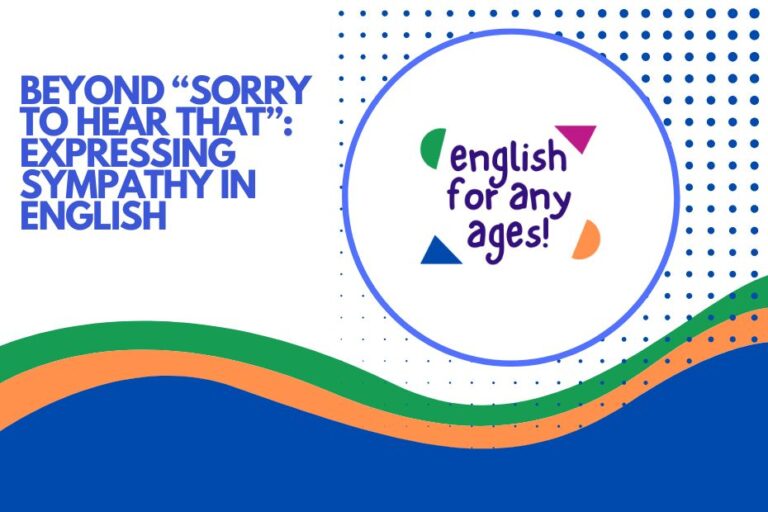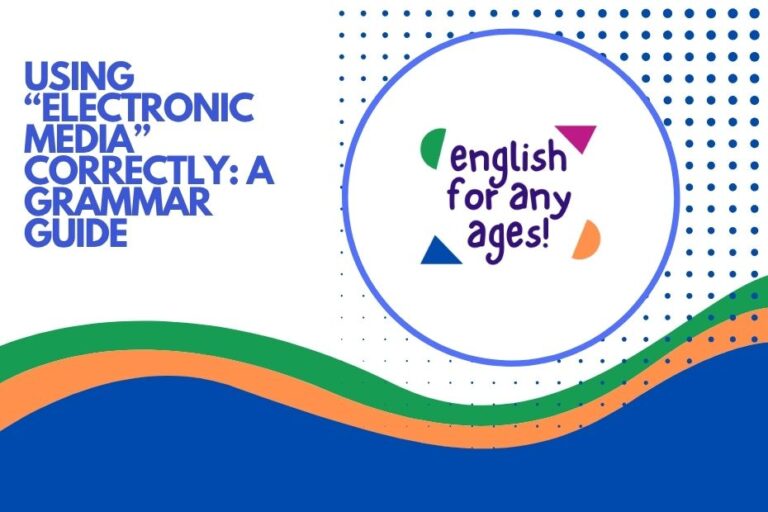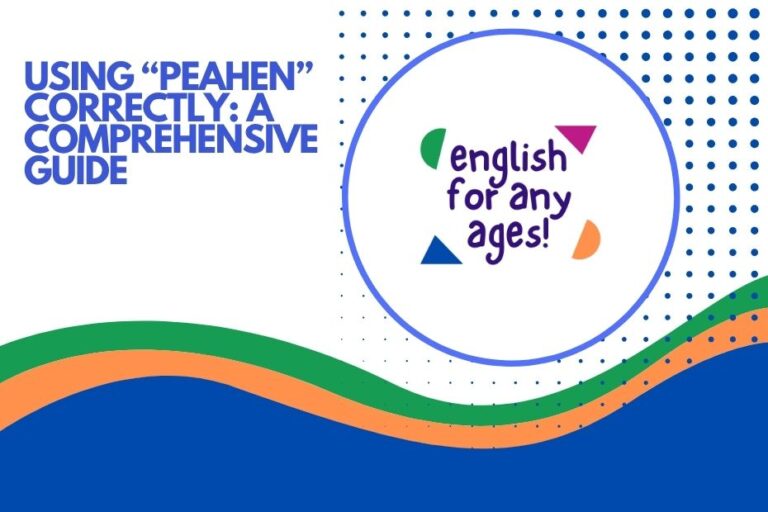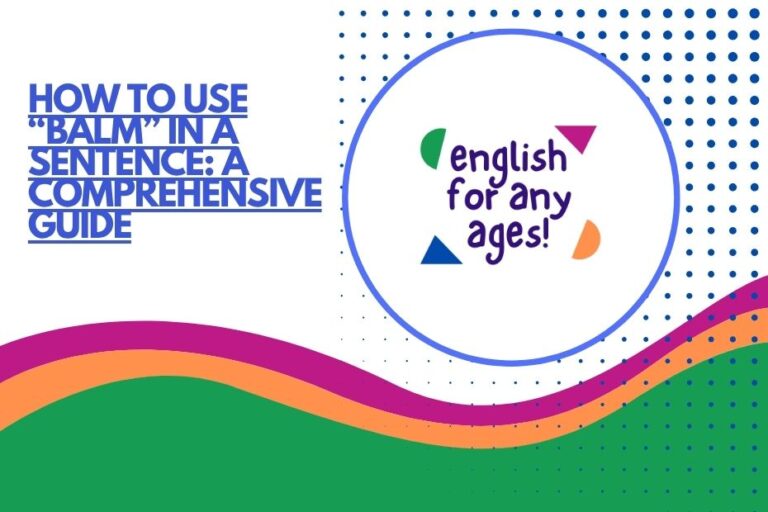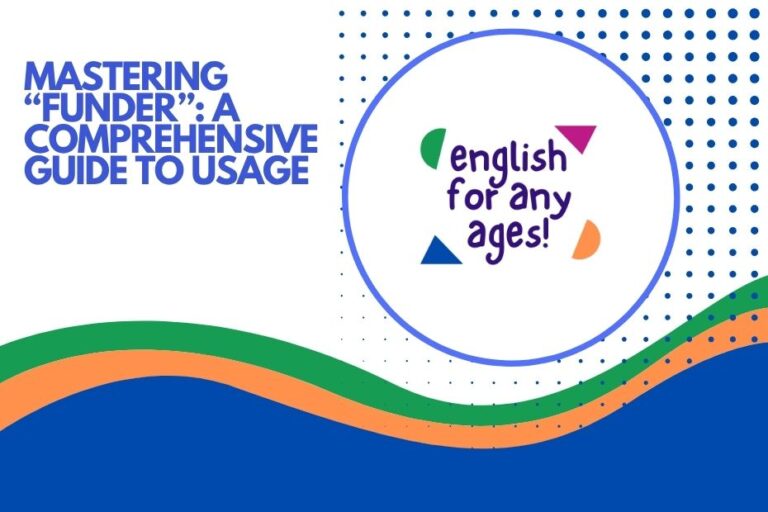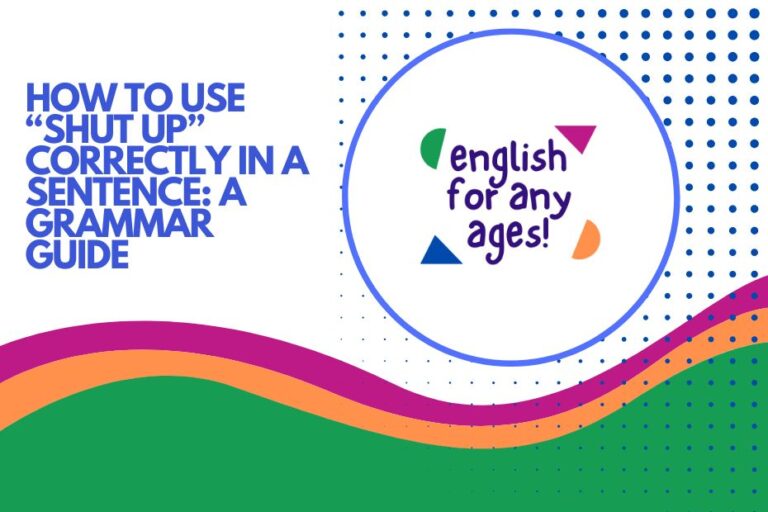Beyond “Got It”: Diverse Ways to Express Understanding and Gratitude
Expressing understanding and gratitude effectively is crucial for clear communication in English. While “Got it, thanks” is a common phrase, overuse can make your language sound repetitive and less engaging.
Mastering alternative expressions not only enhances your vocabulary but also allows you to convey nuances of understanding and appreciation in various contexts. This article explores a wide range of phrases and expressions, providing detailed explanations, examples, and practice exercises, suitable for English learners of all levels.
By the end of this guide, you’ll be equipped with a versatile toolkit for responding to information with grace and precision.
This article is designed for English language learners, ESL/EFL students, and anyone seeking to improve their communication skills. Whether you’re a beginner or an advanced speaker, you’ll find valuable insights and practical tips to elevate your language proficiency.
The focus is on providing clear explanations, real-world examples, and interactive exercises to solidify your understanding and boost your confidence in using these expressions.
Table of Contents
- Introduction
- Defining “Got It” and Its Alternatives
- Structural Breakdown of Common Phrases
- Categories of Expressions
- Examples of Alternative Expressions
- Usage Rules and Considerations
- Common Mistakes to Avoid
- Practice Exercises
- Advanced Topics
- Frequently Asked Questions
- Conclusion
Defining “Got It” and Its Alternatives
The phrase “Got it” is a concise way of indicating that you understand something that has been explained or instructed. It serves as a confirmation, acknowledging that you have received and comprehended the information.
However, its simplicity can sometimes make it seem perfunctory or lacking in nuance.
Alternatives to “Got it, thanks” expand upon this basic function by adding layers of politeness, enthusiasm, or specific understanding. These alternatives can be classified based on their primary function: confirmation, acknowledgement, or appreciation.
Understanding these classifications allows you to choose the most appropriate expression for the context.
Classification: Alternatives can be categorized into expressions of confirmation (e.g., “Understood”), acknowledgement (e.g., “I hear you”), and appreciation (e.g., “Thank you for clarifying”).
Function: These phrases function as responses to instructions, explanations, or requests, indicating comprehension and, often, willingness to comply.
Contexts: The best alternative depends on the relationship between speakers (formal vs. informal), the tone of the conversation (serious vs. casual), and the specific information being conveyed.
Structural Breakdown of Common Phrases
Many alternatives to “Got it, thanks” follow simple grammatical structures. Understanding these structures can help you create your own variations and tailor your responses more effectively.
Subject-Verb Agreement: Ensure that your subject and verb agree in number. For example, “I understand” (singular) vs. “We understand” (plural).
Tense Consistency: Use the appropriate tense to reflect the timing of the information and your response. For instance, “I understand now” (present) vs. “I understood” (past, indicating previous confusion).
Use of Adverbs: Adverbs like “clearly,” “perfectly,” or “completely” can add emphasis to your understanding. For example, “I understand perfectly.”
Adding Politeness Markers: Incorporating phrases like “Thank you” or “I appreciate…” adds a layer of politeness and gratitude. For example, “I understand, thank you.”
Using Modal Verbs: Modal verbs like “will” or “can” express willingness or ability to act on the information. For example, “I will do that.” or “I can do that.”
Categories of Expressions
Here’s a breakdown of different categories of expressions you can use instead of “Got it, thanks,” along with examples.
Expressions of Confirmation
These expressions directly confirm that you have understood the information.
Examples: Understood, I understand, I see, I get it, That makes sense, That’s clear, Noted, Point taken.
Expressions of Acknowledgement
These phrases acknowledge that you have heard and processed the information, even if you don’t explicitly state that you understand it perfectly.
Examples: I hear you, I hear what you’re saying, I’m with you, Right, Okay, Alright, Sounds good, Will do.
Expressions of Appreciation
These expressions combine understanding with gratitude, showing that you appreciate the information or instruction you received.
Examples: Thank you, Thank you for clarifying, I appreciate the explanation, Thanks for letting me know, I appreciate your help.
Formal Alternatives
These options are suitable for professional or academic settings where a more respectful tone is required.
Examples: Understood, I understand completely, I acknowledge your point, Thank you for your clarification, I will proceed accordingly, Your guidance is appreciated.
Informal Alternatives
These are appropriate for casual conversations with friends, family, or close colleagues.
Examples: Gotcha, I got you, Cool, Sounds good, Awesome, Sweet, Right on, Roger that, Okay, Perfect.
Examples of Alternative Expressions
The following section offers extensive examples organized by category, providing various contexts and scenarios in which these expressions can be used.
Confirmation
This table presents a variety of expressions that confirm understanding, suitable for different situations.
| Expression | Example Sentence | Context |
|---|---|---|
| Understood | “Understood. I’ll submit the report by tomorrow.” | Formal, professional |
| I understand | “I understand the instructions. Thank you.” | General, polite |
| I see | “I see what you mean. That’s a good point.” | Casual, thoughtful |
| I get it | “I get it now. Thanks for explaining.” | Informal, relieved |
| That makes sense | “That makes sense. I was confused before.” | Logical, clarifying |
| That’s clear | “That’s clear. I can proceed with the task.” | Confident, assured |
| Noted | “Noted. The changes will be implemented.” | Formal, concise |
| Point taken | “Point taken. I’ll reconsider my approach.” | Accepting, reflective |
| Gotcha | “Gotcha. I’ll take care of it.” | Informal, casual |
| I follow | “I follow your reasoning. Let’s continue.” | Attentive, engaged |
| I comprehend | “I comprehend the complexity of the situation.” | Formal, serious |
| I grasp the concept | “I grasp the concept. Thank you for the explanation.” | Educational, clarifying |
| It’s clear to me now | “It’s clear to me now. I can proceed with confidence.” | Reassuring, confident |
| I’m clear on that | “I’m clear on that. What’s the next step?” | Direct, proactive |
| I have a clear understanding | “I have a clear understanding of the requirements.” | Formal, professional |
| I’m aware of that | “I’m aware of that. I’ve already taken steps to address it.” | Informed, responsible |
| I’m cognizant of that | “I’m cognizant of that and its potential impact.” | Formal, serious |
| Duly noted | “Duly noted. I will make the necessary adjustments.” | Formal, professional |
| Message received | “Message received. I will act on it immediately.” | Direct, prompt |
| Roger that | “Roger that. I’m on my way.” | Informal, action-oriented |
| Affirmative | “Affirmative. I’ll handle it.” | Formal, assertive |
| Copy that | “Copy that. I understand the instructions.” | Informal, military-style |
| That’s crystal clear | “That’s crystal clear. Thank you for the concise explanation.” | Emphatic, appreciative |
| I’m on the same page | “I’m on the same page. Let’s move forward.” | Collaborative, aligned |
| We’re aligned | “We’re aligned on the goals. Let’s work together to achieve them.” | Collaborative, strategic |
Acknowledgement
This table showcases expressions that acknowledge receipt of information, indicating you’re listening and processing.
| Expression | Example Sentence | Context |
|---|---|---|
| I hear you | “I hear you. I understand your concerns.” | Empathetic, understanding |
| I hear what you’re saying | “I hear what you’re saying. I’ll take that into consideration.” | Attentive, thoughtful |
| I’m with you | “I’m with you. Let’s explore that further.” | Engaged, supportive |
| Right | “Right. That makes sense.” | Casual, agreeing |
| Okay | “Okay. I’ll do that.” | Neutral, compliant |
| Alright | “Alright. Let’s get started.” | Encouraging, initiating |
| Sounds good | “Sounds good. I’m happy with that plan.” | Positive, agreeable |
| Will do | “Will do. I’ll send it to you right away.” | Direct, action-oriented |
| Understood | “Understood. The deadline is Friday.” | Formal, professional |
| Acknowledged | “Acknowledged. I will proceed with caution.” | Formal, serious |
| Duly noted | “Duly noted. I’ll make the necessary changes.” | Formal, professional |
| Message received | “Message received. I’m on it.” | Direct, efficient |
| Copy that | “Copy that. I’ll implement the changes immediately.” | Informal, action-oriented |
| Roger that | “Roger that. I’m heading there now.” | Informal, efficient |
| Affirmative | “Affirmative. I concur with the decision.” | Formal, assertive |
| That’s noted | “That’s noted. I’ll keep it in mind.” | Attentive, considerate |
| I hear your point | “I hear your point, and I’ll consider it carefully.” | Respectful, attentive |
| Considered | “Considered. I’ll factor that into my decision.” | Thoughtful, deliberate |
| I take your point | “I take your point. I see where you’re coming from.” | Empathetic, understanding |
| I’m listening | “I’m listening. Please continue.” | Attentive, encouraging |
| Go on | “Go on, I’m interested to hear more.” | Encouraging, curious |
| Continue | “Continue, please. I’m following your explanation.” | Attentive, engaged |
| Yes | “Yes, I’m following along.” | Simple, direct |
| Uh-huh | “Uh-huh, I understand.” | Informal, casual |
| Mhm | “Mhm, I’m listening.” | Informal, attentive |
Appreciation
This table provides examples of expressions that combine understanding with gratitude, showing appreciation for the information or assistance received.
| Expression | Example Sentence | Context |
|---|---|---|
| Thank you | “Thank you. I understand now.” | General, polite |
| Thank you for clarifying | “Thank you for clarifying. That makes it much clearer.” | Specific, helpful |
| I appreciate the explanation | “I appreciate the explanation. It was very helpful.” | Formal, grateful |
| Thanks for letting me know | “Thanks for letting me know. I’ll take care of it.” | Informal, helpful |
| I appreciate your help | “I appreciate your help. I couldn’t have done it without you.” | Grateful, collaborative |
| Thanks for your guidance | “Thanks for your guidance. I now know what to do.” | Respectful, appreciative |
| I’m grateful for your input | “I’m grateful for your input. It’s given me a new perspective.” | Thoughtful, appreciative |
| Thank you for your time | “Thank you for your time. I appreciate you explaining this to me.” | Respectful, considerate |
| I appreciate you taking the time to explain | “I appreciate you taking the time to explain. I understand much better now.” | Formal, considerate |
| Thanks for the heads up | “Thanks for the heads up. I’ll be sure to avoid that.” | Informal, helpful |
| I’m obliged to you | “I’m obliged to you for your assistance.” | Formal, somewhat archaic |
| I thank you for your consideration | “I thank you for your consideration in this matter.” | Formal, respectful |
| I’m thankful for your help | “I’m thankful for your help with this project.” | Grateful, appreciative |
| Many thanks | “Many thanks for your assistance.” | Formal, polite |
| Much appreciated | “Your help is much appreciated.” | General, grateful |
| I owe you one | “I owe you one for helping me out today.” | Informal, grateful |
| I’m in your debt | “I’m in your debt for your invaluable assistance.” | Formal, strong gratitude |
| Thanks a bunch | “Thanks a bunch for your help!” | Informal, enthusiastic |
| Thanks a million | “Thanks a million for all your hard work.” | Informal, emphatic |
| I can’t thank you enough | “I can’t thank you enough for your support.” | Emphatic, heartfelt |
| I’m eternally grateful | “I’m eternally grateful for your kindness.” | Formal, profound gratitude |
| You’re a lifesaver | “You’re a lifesaver! Thank you so much.” | Informal, rescuing |
| You’ve been a great help | “You’ve been a great help, I really appreciate it.” | Recognizing effort, grateful |
| Thanks for the support | “Thanks for the support, it means a lot to me.” | Recognizing support, appreciative |
| You’re the best | “You’re the best, thanks for everything.” | Informal, enthusiastic |
Formal
This table offers examples suitable for professional settings, emphasizing respect and clarity.
| Expression | Example Sentence | Context |
|---|---|---|
| Understood | “Understood. I will proceed with the task.” | Direct instruction, professional |
| I understand completely | “I understand completely. I will ensure that the requirements are met.” | Comprehensive understanding, professional |
| I acknowledge your point | “I acknowledge your point. I will take it into consideration.” | Respectful disagreement, professional |
| Thank you for your clarification | “Thank you for your clarification. It has been most helpful.” | Polite request, professional |
| I will proceed accordingly | “I will proceed accordingly, based on your instructions.” | Following instructions, professional |
| Your guidance is appreciated | “Your guidance is appreciated. I will apply it moving forward.” | Expressing gratitude, professional |
| I have taken note of that | “I have taken note of that and will act accordingly.” | Attentive, professional |
| I have registered your concerns | “I have registered your concerns and will address them promptly.” | Attentive, professional |
| I concur with your assessment | “I concur with your assessment of the situation.” | Agreement, professional |
| I am in agreement with that | “I am in agreement with that approach.” | Agreement, professional |
| That is perfectly clear | “That is perfectly clear, thank you for the explanation.” | Clear understanding, professional |
| I have a clear understanding of the matter | “I have a clear understanding of the matter at hand.” | Clear understanding, professional |
| I am aware of that | “I am aware of that and am taking steps to address it.” | Awareness, professional |
| I am cognizant of that | “I am cognizant of that and its potential impact.” | Awareness, professional |
| Duly noted | “Duly noted. I will make the necessary adjustments.” | Acknowledgement, professional |
| Message received | “Message received. I will act on it immediately.” | Acknowledgement, professional |
| I will ensure that is done | “I will ensure that is done to the best of my ability.” | Commitment, professional |
| I will take care of that | “I will take care of that immediately.” | Responsibility, professional |
| I will attend to that matter | “I will attend to that matter as soon as possible.” | Responsibility, professional |
| That is acceptable | “That is acceptable to me, thank you for clarifying.” | Acceptance, professional |
| That is agreeable | “That is agreeable, let’s proceed.” | Acceptance, professional |
| I am in agreement | “I am in agreement with the proposed changes.” | Acceptance, professional |
| I am on board with that | “I am on board with that plan.” | Enthusiastic acceptance, professional |
| That is aligned with my understanding | “That is aligned with my understanding of the situation.” | Agreement, professional |
| I am in accordance with that | “I am in accordance with that policy.” | Agreement, professional |
Informal
This table showcases alternatives suitable for casual settings, emphasizing friendliness and ease of communication.
| Expression | Example Sentence | Context |
|---|---|---|
| Gotcha | “Gotcha. I’ll bring the snacks.” | Casual agreement, friendly |
| I got you | “I got you. I’ll cover for you.” | Supportive agreement, friendly |
| Cool | “Cool. See you later.” | Casual agreement, relaxed |
| Sounds good | “Sounds good. Let’s meet at 7.” | Casual agreement, planning |
| Awesome | “Awesome! I’m in!” | Enthusiastic agreement, excited |
| Sweet | “Sweet! I’ll be there.” | Casual agreement, positive |
| Right on | “Right on! Let’s do it!” | Enthusiastic agreement, encouraging |
| Roger that | “Roger that. I’m on my way.” | Informal, action-oriented |
| Okay | “Okay, I’ll call you later.” | Neutral agreement, casual |
| Perfect | “Perfect! That works for me.” | Enthusiastic agreement, casual |
| Yep | “Yep, I understand.” | Casual affirmation, friendly |
| Sure thing | “Sure thing, I’ll take care of that.” | Casual agreement, helpful |
| No problem | “No problem, I can help you with that.” | Casual agreement, supportive |
| You got it | “You got it, I’ll handle it.” | Casual agreement, reassuring |
| Alright | “Alright, let’s start.” | Casual agreement, initiating |
| Word | “Word, I’m down.” | Informal agreement, slang |
| Bet | “Bet, I’ll be there.” | Informal agreement, slang |
| Fo shizzle | “Fo shizzle, I got you.” | Very informal, slang |
| Cool beans | “Cool beans, I’m ready.” | Informal, quirky |
| Groovy | “Groovy, let’s do it.” | Informal, retro |
| Righto | “Righto, I’ll get right on it.” | Informal, British |
| Sorted | “Sorted. I’ve taken care of everything.” | Informal, British |
| No worries | “No worries, I’ll sort it out.” | Casual reassurance, friendly |
| I’m on it | “I’m on it, don’t you worry.” | Casual reassurance, helpful |
| Easy peasy | “Easy peasy, I can do that no problem.” | Casual reassurance, friendly |
Usage Rules and Considerations
Choosing the right alternative depends on several factors, including the context, the relationship between the speakers, and the desired tone.
Formality: In formal settings, opt for expressions like “Understood,” “I understand completely,” or “Thank you for your clarification.” Avoid informal phrases like “Gotcha” or “Cool.”
Relationship: With friends and close colleagues, informal expressions are perfectly acceptable. However, with superiors or clients, maintain a more formal tone.
Tone: Consider the overall tone of the conversation. If the situation is serious, avoid flippant or overly casual responses. If the conversation is lighthearted, you can use more relaxed expressions.
Specificity: Sometimes, a more specific response is appropriate. For example, if someone explains a complex process, you might say, “Thank you for breaking that down. I understand each step now.”
Cultural Sensitivity: Be mindful of cultural differences. Some expressions may be more common or acceptable in certain cultures than others. If you’re unsure, it’s always best to err on the side of formality.
Common Mistakes to Avoid
Even with a good understanding of the alternatives, it’s easy to make mistakes. Here are some common errors to watch out for:
Overusing Informal Expressions in Formal Settings:
- Incorrect: “Gotcha, I’ll get right on it.” (said to a CEO)
- Correct: “Understood. I will attend to that matter immediately.”
Using Overly Formal Language in Casual Conversations:
- Incorrect: “I acknowledge your point, and I shall endeavor to comply.” (said to a friend)
- Correct: “I hear you. I’ll do it.”
Failing to Match the Tone of the Conversation:
- Incorrect: “Cool.” (said after receiving bad news)
- Correct: “I understand. I’m sorry to hear that.”
Using Expressions That Don’t Convey Understanding:
- Incorrect: “Okay.” (said without any indication of comprehension)
- Correct: “Okay. I understand the instructions.”
Misusing Idioms or Slang:
- Incorrect: “Fo shizzle, I’m on it.” (unless you are certain the recipient understands and appreciates the slang)
- Correct: “I understand. I will take care of it.”
Practice Exercises
Test your understanding with these practice exercises. Choose the most appropriate alternative to “Got it, thanks” for each scenario.
| Question | Correct Answer | Explanation |
|---|---|---|
| Your boss asks you to complete a report by the end of the day. | Understood. I will submit the report by the end of the day. | Formal setting requires a professional response. |
| A friend explains how to assemble a piece of furniture. | Gotcha. I think I can do that. | Informal setting allows for a casual response. |
| A teacher explains a complex math problem. | Thank you for clarifying. I understand it now. | Appreciation for the teacher’s effort is appropriate. |
| A colleague informs you about a change in the project deadline. | Thanks for letting me know. I’ll adjust my schedule. | Acknowledgement and gratitude are appropriate. |
| Your parent gives you instructions on how to cook a family recipe. | Okay, I understand. I’ll follow the recipe carefully. | Respectful and attentive response is suitable. |
| A customer service representative explains a new policy. | I understand completely. Thank you for your time. | Formal and polite response is necessary. |
| A teammate tells you their plan for the game. | Sounds good! Let’s do it. | Enthusiastic and supportive response is ideal. |
| Your doctor explains your new medication regimen. | I understand. Thank you for the explanation. | Respectful and appreciative response is appropriate. |
| A mentor provides advice on career development. | I appreciate your guidance. I’ll take your advice to heart. | Gratitude and commitment are suitable. |
| A family member asks you to pick them up from the airport. | No problem, I will. What time should I be there? | Casual and helpful response is appropriate. |
Advanced Topics
For advanced learners, consider exploring these more complex aspects:
Subtleties of Tone: Master the art of conveying subtle nuances through your choice of words and intonation. For example, a slightly sarcastic “Understood” can convey disagreement, while a sincere “I appreciate your help” can build rapport.
Cultural Idioms: Learn idioms and expressions specific to different English-speaking regions. For example, “Cheers” in British English can mean “Thank you” or “Goodbye.”
Nonverbal Communication: Pay attention to your body language and facial expressions. A nod, a smile, or direct eye contact can reinforce your message of understanding and gratitude.
Active Listening: Practice active listening skills, such as paraphrasing and asking clarifying questions, to demonstrate genuine understanding and engagement.
Tailoring Your Response: Adapt your response to the individual you’re speaking with. Some people prefer direct and concise communication, while others appreciate a more detailed and expressive response.
Frequently Asked Questions
Here are some common questions learners have about alternatives to “Got it, thanks.”
- Is “Got it” always considered informal?
While generally considered informal, “Got it” can be acceptable in casual professional settings or with colleagues you have a close relationship with. However, it’s best to avoid it in formal situations or when speaking with superiors.
- What’s the most versatile alternative for professional settings?
“Understood” is a safe and versatile choice for professional settings. It’s concise, clear, and conveys that you have received and comprehended the information without being overly casual or informal.
- How can I show genuine appreciation without sounding insincere?
Be specific in your expression of gratitude. Instead of simply saying “Thank you,” try “Thank you for clarifying that. I appreciate you taking the time to explain it to me.” This shows that you genuinely value their effort.

